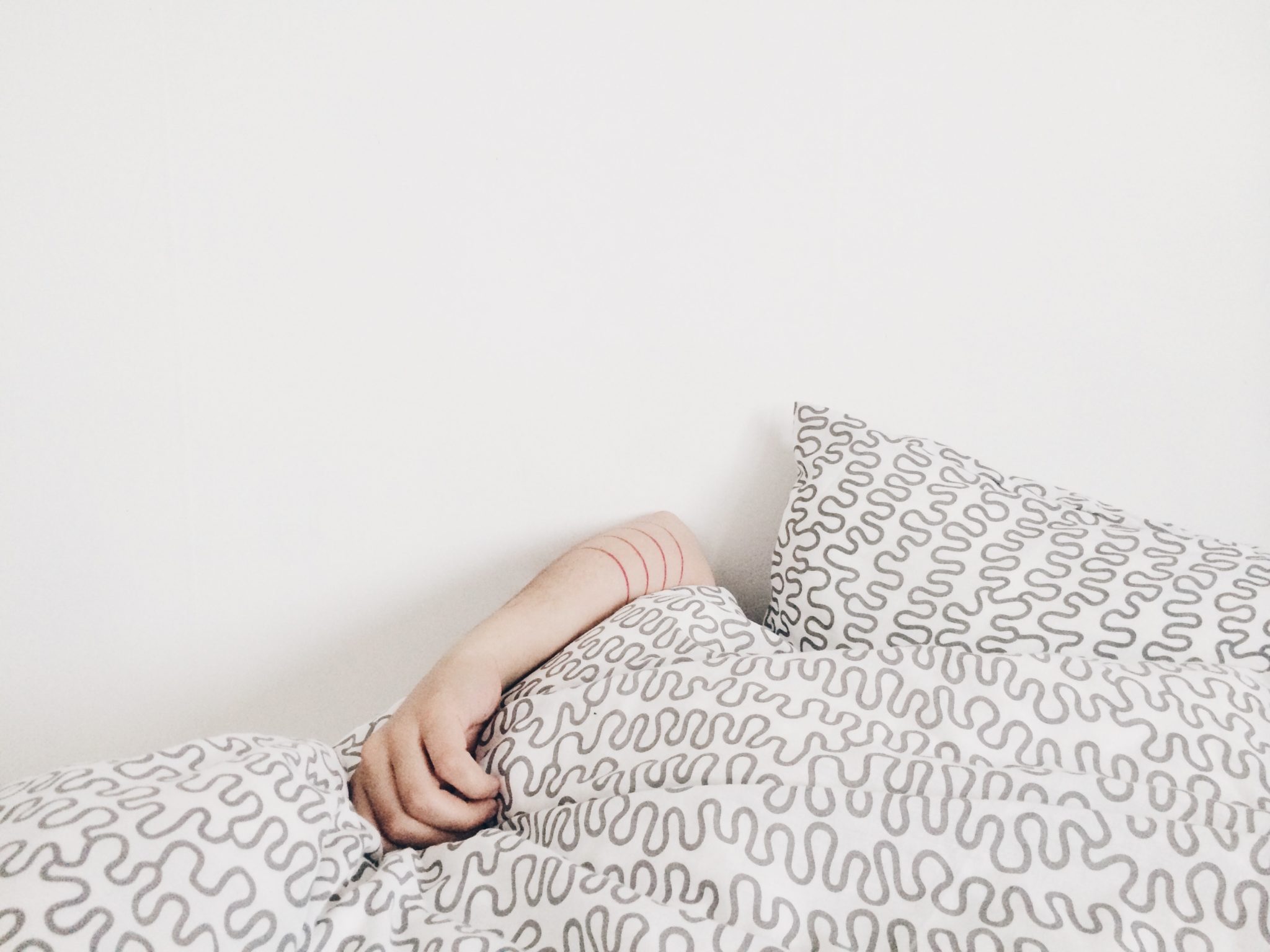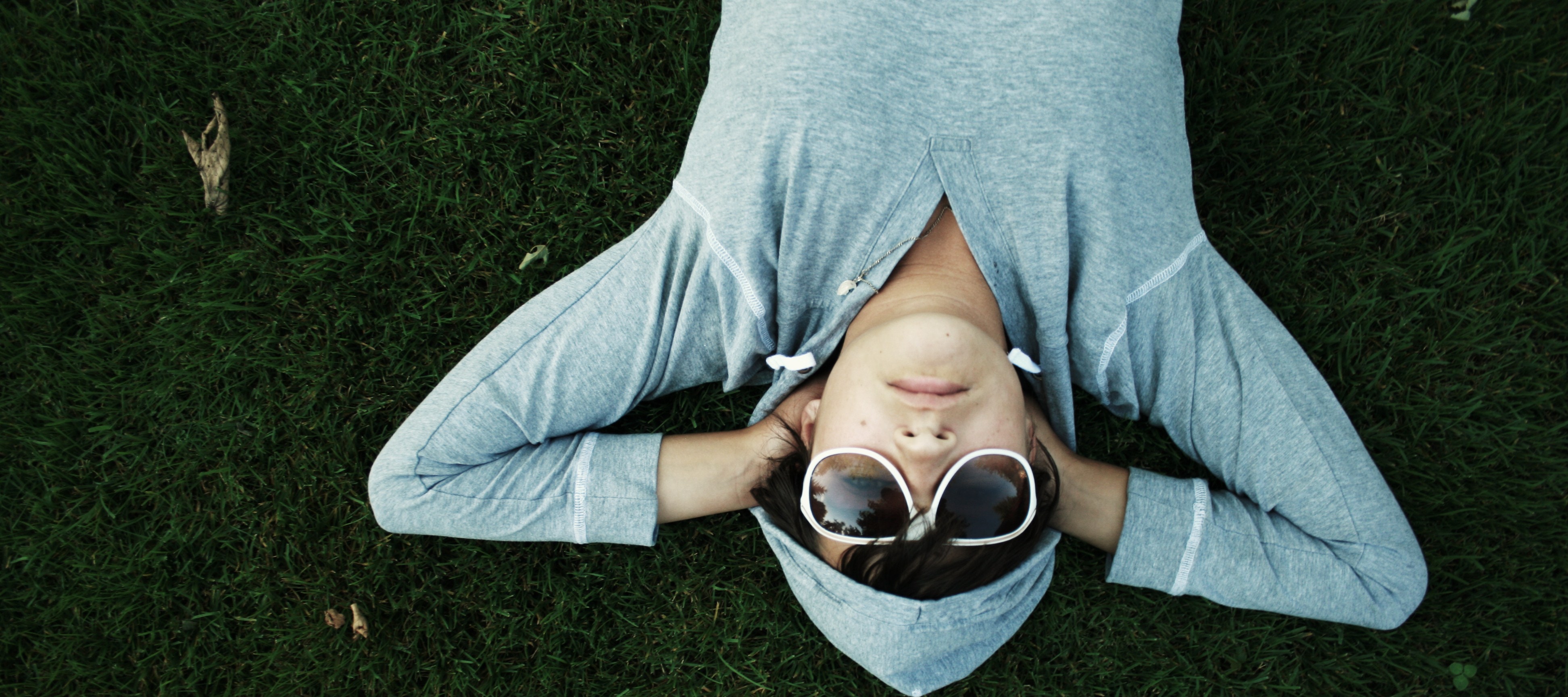“Taking a nap” is a concept we seem to have taken over from the Spanish. Known for international symbols like flamenco, paellas and bulls, perhaps at the top of the list we can find their famous siestas. However, for most, napping equals being lazy. But is napping really that bad? Science has finally proven that taking a nap is, in fact, a healthy habit.
Is napping for the lazy?

The time has come, once and for all, to get rid of the negative connotations napping carries with it, and instead, acknowledge the healthy habit it actual is, according to science. So, if you are one to need a quick getaway from daily life, fear no more: your time has come. These are the reasons why not to give up your every day moment of peace.
Improve mental alertness
If your day to day life requires being alert and awake at all times, forget about caffeine: the way to go is taking a quick nap. In fact, a study carried out in 1995, shows that naps provide longer and less graded changes in performance, mood and alertness than caffeine (which loses its effectiveness much quicker).
Help support a healthy immune system

This 2015 study shows that having a siesta has stress-releasing and positive immune effects, and can be an effective way to countermeasure the effects sleep-deprivation has on the immune system. You know what they say, a nap a day keeps the doctor away.
Improve motor learning skills
This study proves that people who often take naps are able to improve their physical stamina. This is important for the learning of new physical skills (like driving, dancing…) as well as critical for children during their growth and development period.
Improve physical stamina

According to a study carried out by the Journal of Sports Sciences, napping improves athletes’ sprint times. In said study, athletes were separated into two groups. One of them took a 90 minute nap after lunch. The second group didn’t. The group that slept for an hour and a half, obtained better time scores during the race.
Improve memory
Having a siesta causes our brains to have a better retention of associative memory. In 2010, the University of New York carried out a study in Neurobiology of Learning and Memory. In said study, 31 participants were chosen, and were then exposed to two sets of photographs of both faces and objects which were somehow related (associative memory). Each object was related to two different faces. After, a part of the participants went to sleep for 90 minutes and the rest were kept awake. In the end, the group that had taken a nap turned out to have a better direct associative memory retention than those who didn’t get any sleep.
Just in case you’re still not convinced…

It has been proven that the perfect time for a nap is about 10 minutes. This period allows you to improve outcomes in all of the aspects mentioned above, without the impaired period of alertness you might get with a longer period of sleep.
Also, a longer nap period, which can be between 60-90 minutes, will have the same effects on perceptual learning as a full night sleep. So, all in all, napping is, in fact, healthy; don’t let anyone tell you otherwise!
Photos: Unsplash
